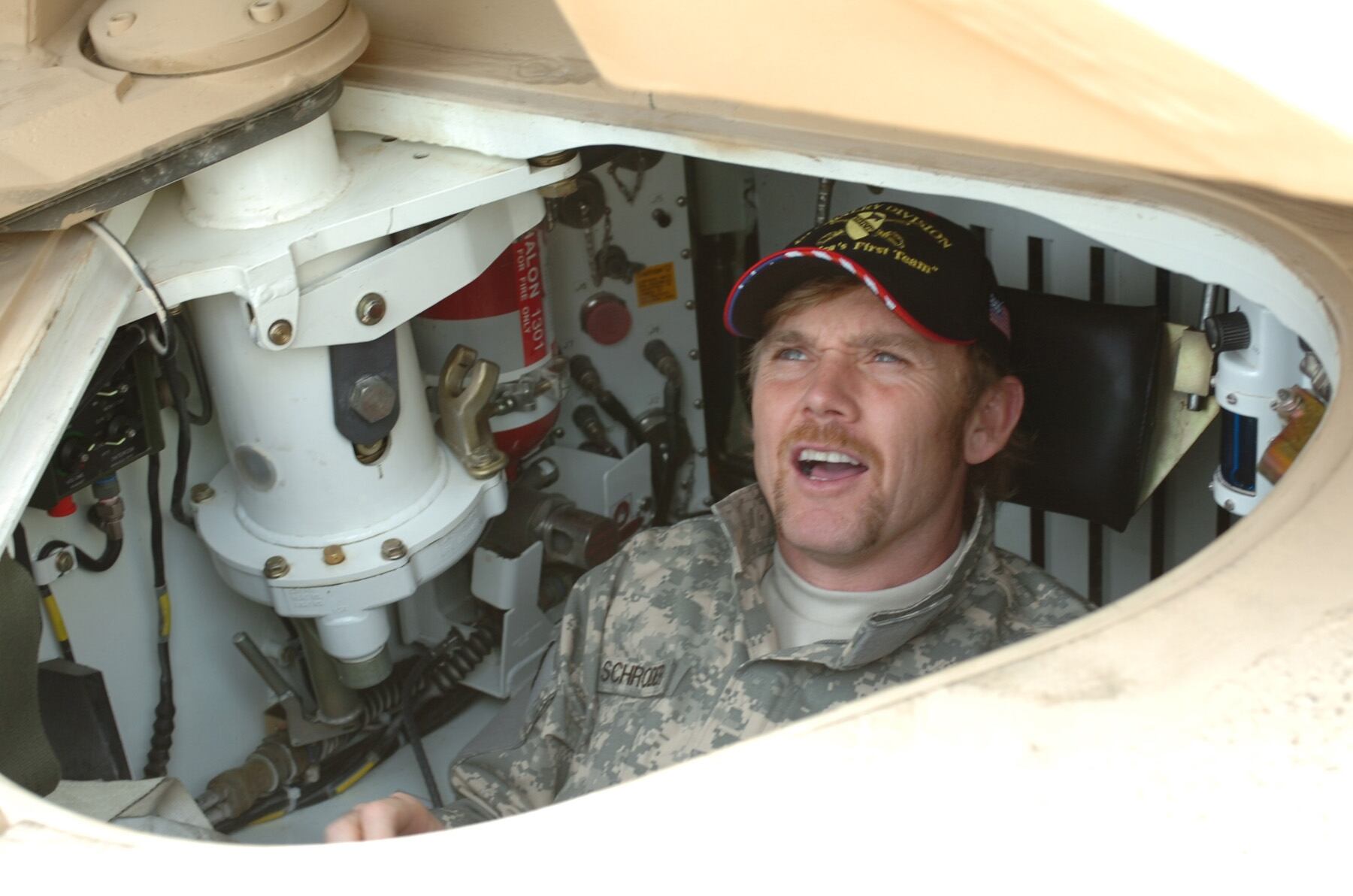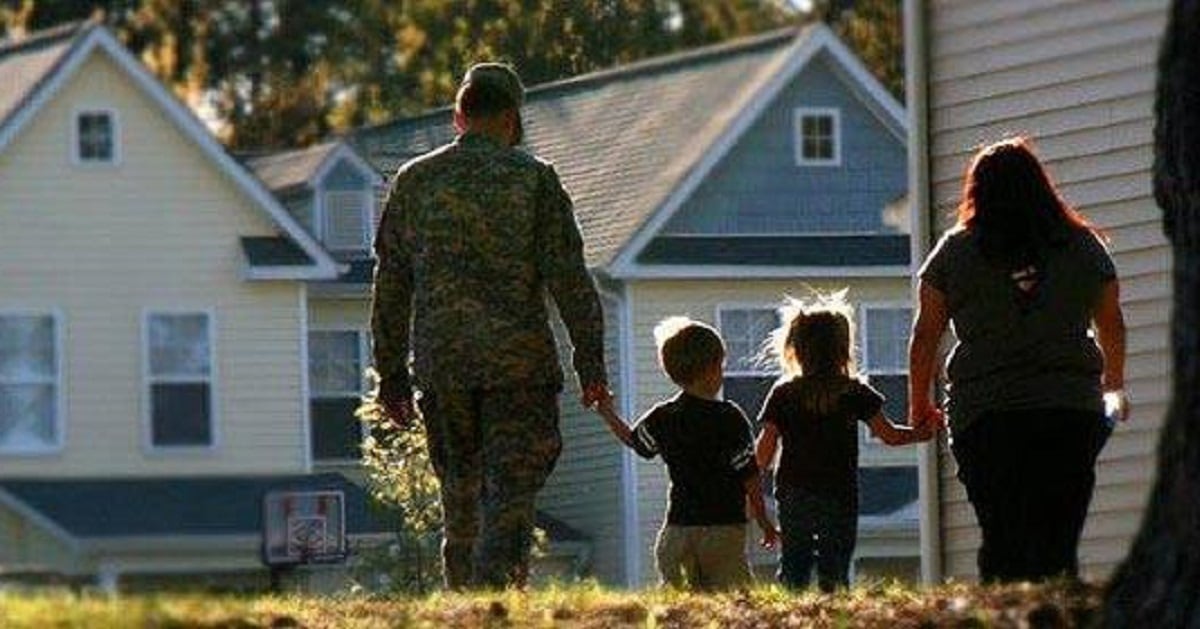Ricky Schroder brought his production company's cameras to Afghanistan to chronicle everything from front-line firefights to high-profile politics as part of "The Fighting Season," a critically acclaimed documentary that aired on DIRECTV this year.
For a follow-up, Schroder is seeking new footage from the war zone: yours.
While he's eager to get his team into the arena again — maybe Ukraine, maybe Iraq — he's also hoping to secure video taken by service members during their combat tours.
Those clips, combined with interviews and re-enactments, will be used to create "The Fighting Season: Soldier Edition," a six-episode docu-series, by early 2016.
Schroder, who added war-zone cameraman to an entertainment résumé that includes child star, "NYPD Blue" leading man and producer of the Army's "Starting Strong" recruitment series, provided the breakdown during an Oct. 16 interview: "I need 12 war stories with supporting footage. It's not easy to find, but I know it's out there."

Ricky Schroder sits inside an M1A2 Abrams tank during a May 1 visit to Fort Hood, Texas. After a brief tour of the repair shop, Schroder and his son, Luke, were given a ride in the tank.
Photo Credit: Pvt. Kelly Welch/Army
Soldiers, sailors, airmen and Marines would be paid for their 10- to 60-minute submission and could be flown to Los Angeles to participate in the series. Full details, including online and by-mail submission guidelines, are at TheFightingSeason.com.
More from Military Times' interview with Schroder, edited for brevity and clarity:
Q. Why should service members submit video?
A. In many cases, the reason to support this project is because you're going to help tell the stories of those who can't tell their story anymore. It's not necessarily about you, it's about the guys you were with. ... We're fans of the armed forces here. We understand, we believe in the culture in a unique way. We can help share your stories with authenticity, with realism. ... The show is going to be a combination of their war story, their testimony, shot in a very stylized way, with their footage cut to it. ... It's tough to pitch to people you don't know, but I would say look at what we've done with "The Fighting Season," and this is what we'll be doing with the next version.
Q. How did you come up with this approach as a follow-up to "The Fighting Season"?
A. Really what kind of gave me the idea was I was reading the book "The Outpost" by Jake Tapper ... [and] there's a story in there about a soldier who put himself at great personal risk to help a wounded soldier and died in the process. Nobody would really know about him and what he did if they hadn't read the book or been there. I wanted to look for an opportunity to tell stories that people don't know about, what certain soldiers did so that they can be remembered and honored. ... I thought the best way to to that was to tell real soldiers' stories, real war stories, and try to get supporting footage from the event. ... We understand that we may have to do some limited re-enactments to fill in any holes that the footage might not support, but we think that between their footage, and an interview and some limited re-enactments, we can get everything we need to.
Q. Will you have a procedure in place to make sure the videos are reviewed for operational security purposes and security concerns?
A. Absolutely, absolutely. [The Army's Office of the Chief of Public Affairs] will look at everything before anything got broadcast. We bring them into the editing process. When we have a cut of the show, we bring it to them and we say, "OK, any concerns?" That's how we did it for "The Fighting Season," that's how we always do it. ... We have a good relationship with OCPA, I've worked with them for a number of years now with the "Starting Strong" project. We've built trust and it's something I cherish. We're certainly not going to break that. Hopefully, we'll get the word out there.

Ricky Schroder poses for a photo during a NCTA reception hosted by A+E Networks.
Photo Credit: Kris Connor/Getty Images
Q. "The Fighting Season" had very good reviews, good responses from veterans. What was that experience like, now that you've had some time to look back on it?
A. It was a wonderful experience. Sometimes you kind of capture lightning in a bottle, as they say. I feel like that's sort of what happened ... [and] we were just in a place and time where we were able to capture the stories and find a partner to get them out there. I'm so proud of the feedback I got from the soldiers and their families. The measurement of success that I had in my mind was to get the guys who were there to say, "They got it right. It sounded right, it looked right." ... It's a daunting sort of feeling, though, because we always like to set a goal and then achieve it and set a new goal, but after "The Fighting Season," it's challenging to produce a second season. Many things have to line up.
Q. As a guy who was in Afghanistan not too long ago, and has strong relationships with some folks over there, what is your reaction to the extension of the mission?
A. It just reinforces what I've heard other very smart people say in the past: Unless this is going to be some sort of generational commitment, such as what happened with Germany or Korea or Japan ... it seems like it's perhaps wasted resources to just go in for a decade. What I'm trying to say is, unless you make a long-term commitment, I'm afraid that half-measures don't work. ... I'm not sure that what's been extended would constitute a full measure of commitment, by any means, but if the military leaders on the ground say it's sufficient, who is to claim otherwise. I'm just hopeful that lessons from Iraq may penetrate people and they may learn from what happened in Iraq, and the crumbling when we left.
Kevin Lilley is the features editor of Military Times.





